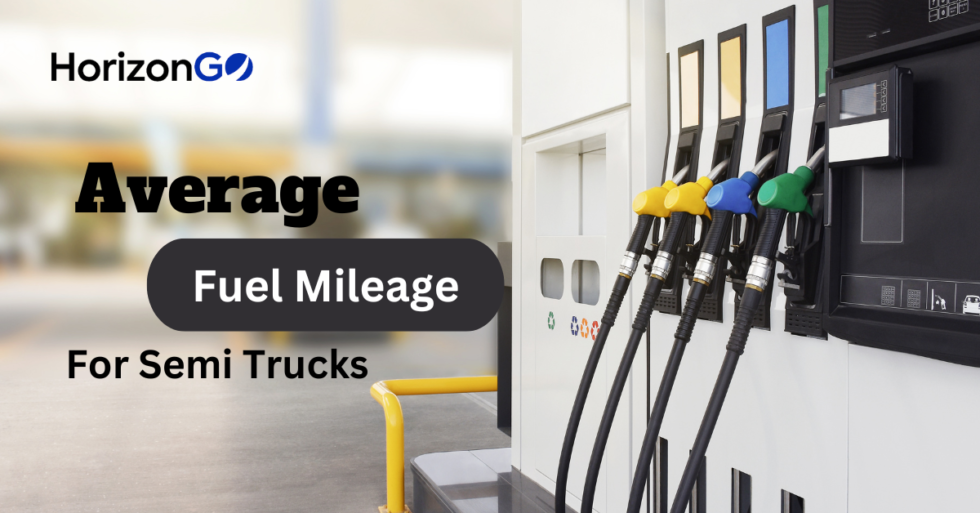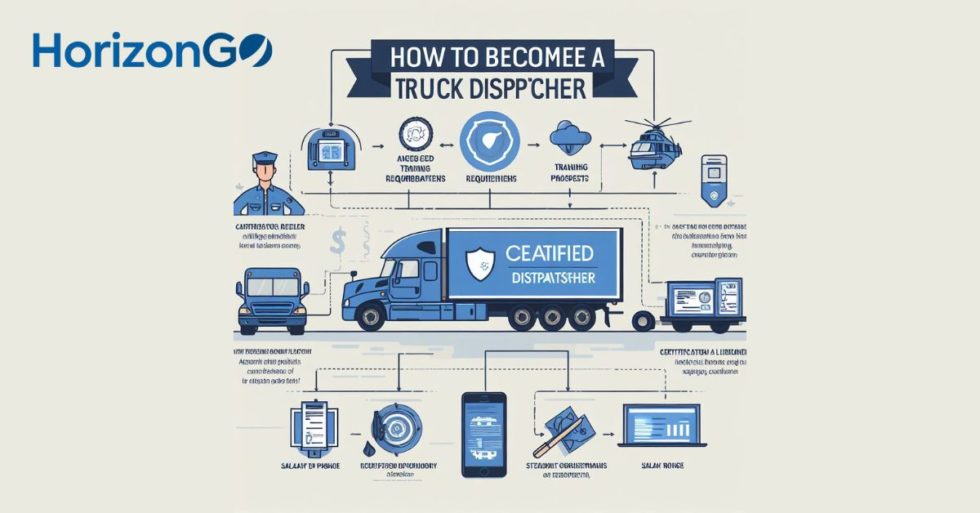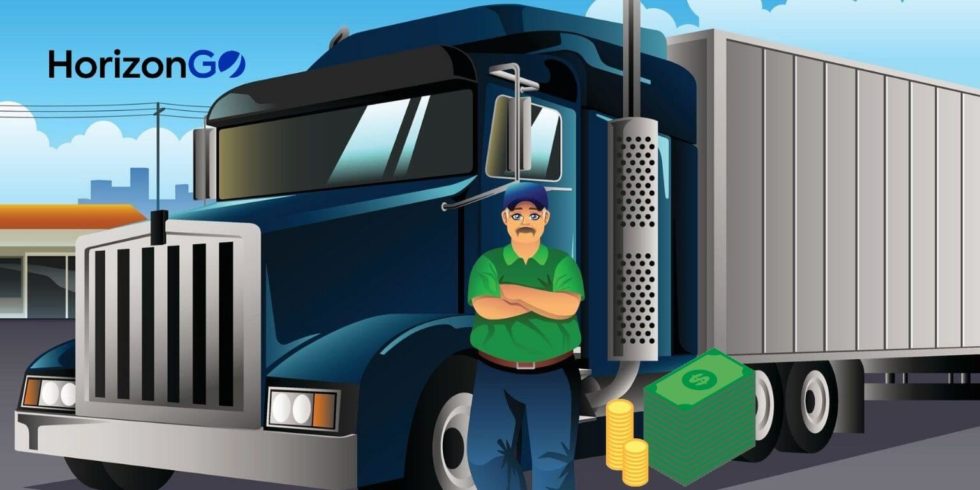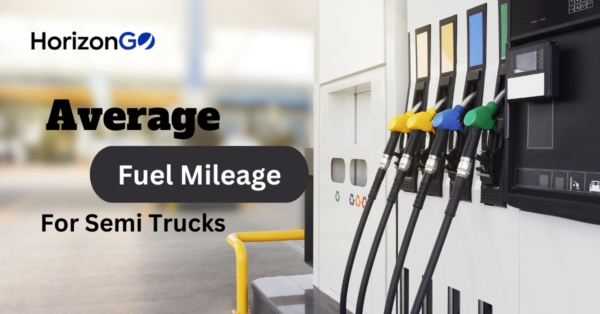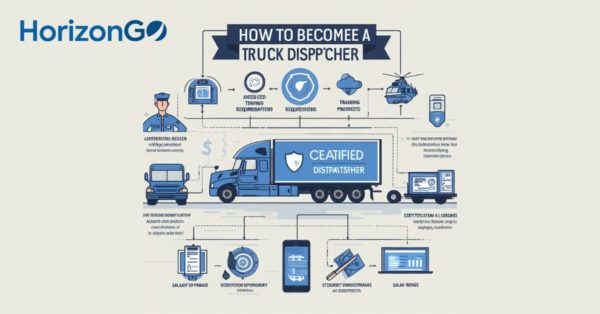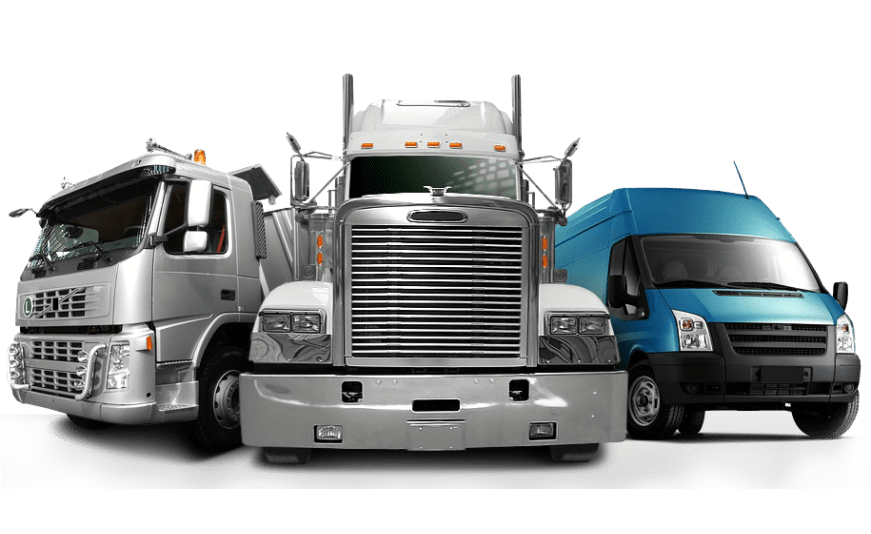A typical owner-operator fleet is small, with one or two trucks in the fleet. The truck(s) are owned by the individual and operated by them.
Many independent drivers use their vehicle to operate at first because they know it so well and can maintain it themselves.
A huge advantage of operating your business is that you’re in control of your own income and destiny.
There are many things to consider when becoming an owner-operator.
The most important factor is whether you have the drive and determination to be successful. Other important factors include:
- Trucking experience
- Business acumen
- Financial stability
- Ability to maintain your truck
The potential rewards are great if you have what it takes to be an owner-operator.
If you become a truck driver, you can choose your own work schedule, and find loads for you.
What is an owner-operator?

An owner-operator is a truck driver who owns and operates their own truck. Many owner-operators start out driving their own personal vehicle and then transition to a larger commercial truck as their business grows. On the other hand, company drivers don’t have their own trucks, and multiple restrictions also. There is an operating authority that guides them about their ways and loads.
Being an owner-operator includes having more control over your income, destiny, and load choices. The downside is that you are also responsible for all the maintenance and upkeep of your truck, which can be costly.
To be a successful owner-operator, you need to have strong business acumen, financial stability, and trucking experience. Let us mention the most important steps to becoming a successful owner-operator.
15 Steps for becoming a successful owner-operator truck driver
To become a successful owner-operator truck driver requires hard work, dedication, and a commitment to excellence. You need to be able to handle the challenges of managing your own business while also staying focused on delivering high-quality goods and services to your customers.
To keep your business running, you’ll need to spend time and effort building strong relationships with other trucking companies and clients. There are certain owner-operator requirements that can help you to be a successful truck owner-operator.
Here are some tips to help you become a successful owner-operator truck driver:
1. Evaluate your situation.
Before you take the plunge and become an owner-operator, it is important to assess whether this is the right choice. Do you have adequate financial resources to invest in a truck?
Are you comfortable taking on all of the responsibilities of running your own business? If the answer to any of these questions is no, then perhaps becoming an owner-operator is not the right decision for you.
2. Assess your finances.
One of the most important factors to consider before becoming an owner-operator is your financial situation. Can you afford to purchase a truck? Do you have enough money saved up to cover maintenance and repairs?
Can you afford to take a pay cut in the early stages of your business? Answering these questions honestly will help you determine whether you are financially ready to become an owner-operator.
3. Get a Commercial Driver’s license (CDL).
To operate a commercial truck and trailer, you will need to obtain a CDL. This can be done by taking a training course at a truck driving school or by completing on-the-job training with a trucking company.
Once you have your CDL, you will need to maintain it by keeping up with your required continuing education credits.
4. Form a Business.
If you want to be an owner-operator, you need to form a business. This can be done by registering your business with the state and obtaining a business license.
You will also need to develop a business plan that outlines your goals and strategies for success and any other important financial or legal documents necessary for running your business.
5. File for USDOT Number.
All commercial trucks that operate in the United States must have a USDOT number. This can be obtained by applying with the Federal Motor Carrier Safety Administration (FMCSA).
Once you have your USDOT number, you will need to display it on your truck and include it on your documentation and paperwork.
6. Get your Trucking Authority.

If you want to be a successful owner-operator, it is important to have your own trucking authority. This will allow you to contract with other companies or work as an independent operator.
There are several different types of trucking authority that you can apply for, including common carrier, broker, and private carrier authority.
7. Purchase truck insurance.
All commercial trucks must be insured to operate in the United States. When shopping for truck insurance, be sure to get quotes from multiple carriers and compare coverage options.
You will also need to make sure that your insurance policy meets all of the requirements set forth by the FMCSA.
8. Decide whether to buy or lease a truck.
There are two options for purchasing or leasing a truck: buying it outright or entering into a lease-to-own agreement. Both of these options have pros and cons, so consider your options before deciding carefully.
9. Outline a Business Plan.
To be a successful owner-operator, it is important to have a sound business plan. This should include details about your goals and strategies for success and information about your target market, marketing strategies, financial projections, and more. It is also important to have a clear understanding of the owner-operator regulations that apply to your business.
10. Use Load Boards to Find Freight.
One of the best ways to find freight as an owner-operator is to use HorizonGO load boards. These online platforms match truckers with shippers looking to transport cargo.
You can use HorizonGO load boards to search for available loads in your area and then contact the appropriate shippers directly to negotiate rates and terms.
Some of the most popular load boards include HorizonGO, U.S. Load Boards, and Truckstop.com. Ultimately, the key to finding success as an owner-operator is to build relationships with reputable shippers and the department of transportation companies in your area.
This can be done by networking with other truckers, attending trucking industry events, and contacting companies directly. With persistence, hard work, and luck, you can build a successful career as an owner-operator.
11. Gatheret is an Electronic Logging Device (ELD).
An electronic logging device (ELD) is a specialized tracking and recording device used to monitor commercial truck drivers’ driving hours.
All drivers required to maintain logs of their hours of service (HOS) must use an ELD. These devices automatically record data about a driver’s HOS, which can be used to ensure compliance with hours-of-service regulations.
ELDs also offers many other benefits, including improved safety, Reduced paperwork and administrative costs, and reduced fuel waste.
If you are an owner-operator, it is important to have an ELD in place as soon as possible. This will help ensure that you meet all of the federal requirements and regulations for truck driving.
12. Increase Cash Flow with Invoice Factoring.
As an owner-operator, it is critical to have a steady cash flow stream to cover your expenses and grow your business. One way to achieve this is through invoice factoring. This process involves selling your outstanding invoices to a third-party company for immediate payment.
This can be a helpful way to get the cash you need when you need it without waiting for customers to pay their invoices. When choosing a factoring company, shop around and compare rates and terms. There are many reputable companies, so be sure to do your research before selecting one.
13. Follow the Golden Profit Ratio.
The golden profit ratio is a guideline that many successful owner-operators follow to maximize profits. This ratio states that you should aim to make two dollars in revenue for every dollar you spend on operating expenses.
This can be a helpful way to track your progress and ensure that your business is on track to achieve profitability.
Of course, this is only a guideline, and there may be times when you need to spend more or less to achieve your desired results. Ultimately, the key is to find a balance that works for you and your business.
14. Make your Health a Priority.
As an owner-operator, it is important to make your health a priority. This means eating healthy, exercising regularly, and getting enough rest. It can be tempting to sacrifice your health to get more work done, but this recipe for disaster.
You will be putting your health at risk, but you will also likely see a decline in your productivity and efficiency.
It is important to create a routine that includes time for exercise, eating well, getting enough sleep, and taking care of yourself physically and mentally to stay healthy and productive as an owner-operator.
This may mean setting aside specific times during each day for these activities or even enlisting the help of a personal trainer or health coach. Whatever you do, make sure that your health is a top priority.
15. Create a System For Managing Finances.
As an owner-operator, it is important to have a system to manage your finances. This includes tracking your income and expenses, setting aside money for taxes, and creating a budget.
There are many software programs and apps available that can help you with this, or you can hire a professional accountant or bookkeeper. The key is to find a system that works for you as a business owner and stick to it.
This will help ensure that your finances are in order and stay on track with your financial goals.


